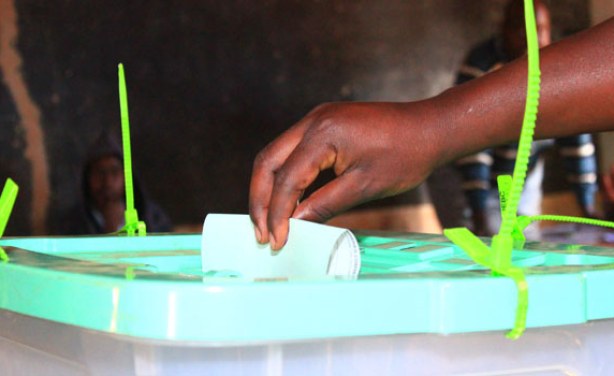
By David Omwoyo
Today, media stakeholders converge on Kisumu City to interact with the revised Media Council of Kenya (MCK) election coverage guidelines that have been under review by a 21-member team drawn from the industry.
Last week, the committee chaired by veteran journalist Joseph Odindo handed in their report, which has comprehensive proposals for the media environment. MCK will be presenting these to other stakeholders in a validation forum that is hoped to culminate in their adoption and launch.
The event will coincide with the annual International Day on Universal Access to Information. In addition, MCK will, in collaboration with the Commission on Administrative Justice, conduct a stakeholders' engagement on access to information on the same day in Garissa County, followed by a two-day training for local journalists on the same. The UN has set the theme for this year to be "Building back better with access to information".
With the media among the institutions that will play a central role during the electioneering period, MCK has been leading efforts to prepare the industry for the national exercise.
The Media Council of Kenya Act 2013 mandates MCK to prescribe standards for journalists, media practitioners and media enterprises and promote and enhance ethical and professional standards among journalists and media enterprises.
This rhymes with its mission to safeguard media freedom and enhance professionalism through setting standards and ensuring compliance to ensure a professional, accountable, free and independent media.
Right information
The guidelines serve to remind journalists that it's essential for the voter to be well informed to form their opinion and make decisions freely. Making information and opinions available to the public through the media is in itself empowering to audiences and during an election to the voters.
To enable the media to adequately play its informative, educative and oversight role, they must access the right information. To enable voters to choose a candidate who represents their interests and opinions, journalists are guided to try to provide as much information as possible on the policies and platforms of the different candidates.
Article 35 of the Constitution and the Access to Information Act 2016 protect citizens' and media rights to information held by public bodies. They also obligate the latter to disclose all information in their possession, with few exceptions. During elections, there are multiple players, besides the contestants, and all must be covered by the media.
The adoption of the guidelines will pave the way for training and capacity building of journalists and media practitioners on their role, rights and obligations in election coverage. That partly serves to prepare the media for the August 2022 elections.
The writer is the CEO, Media Council of Kenya.